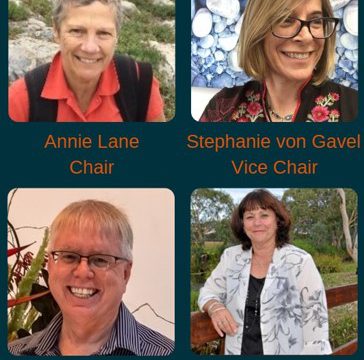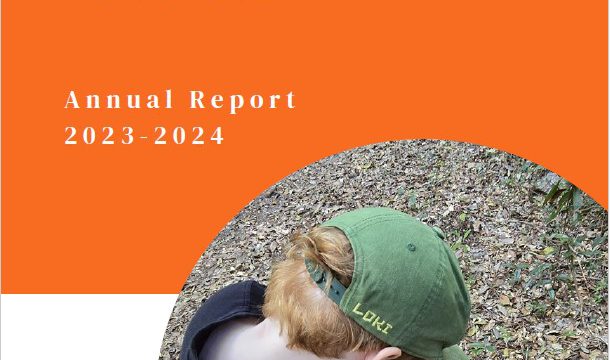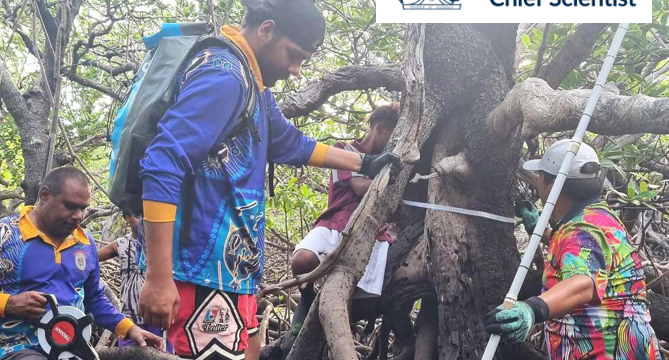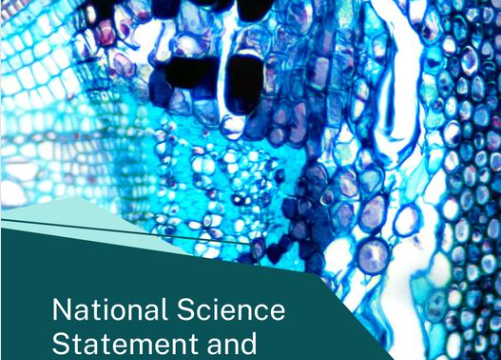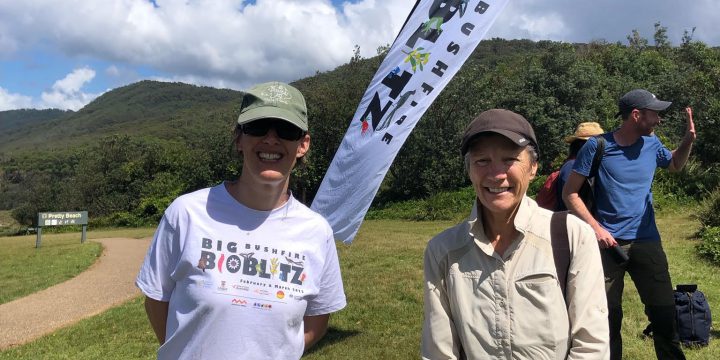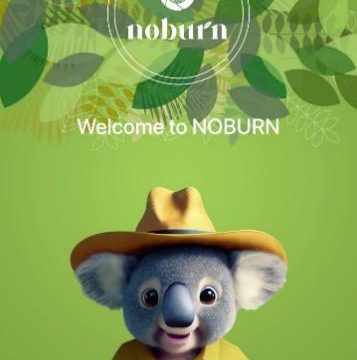South Australian marine algal bloom 2025
A harmful algal bloom (HAB) has been causing widespread marine mortality and habitat damage in South Australia, triggered by a combination of environmental factors including nutrient upwellings, flood discharges, heatwaves, calm seas, and decomposing marine vegetation. More than 12,000 observations across over 400 species have been submitted to the SA Marine Mortality Events project on iNaturalist by divers, fishers, beachgoers, and coastal residents. Mass deaths of fish, sharks, rays, invertebrates, and seabirds have been recorded along large sections of South Australia’s coastline, including parts of the Spencer Gulf, the head of Gulf St Vincent, the metropolitan Adelaide beaches and the Coorong. There is also new evidence that the bloom is spreading into Adelaide Metropolitan waterways, including the Port River, home to the Adelaide Dolphin Sanctuary. The South Australian community have…


